Dentist for nervous patients in London
We recognise and appreciate that dental phobia or a fear of the dentist is a very common anxiety which many of our patients experience. The Wimpole Street Dental Clinic takes pride in being the ideal clinic for nervous patients as we can help you to feel comfortable and calm during our dental treatments. With the experience of more than 1,200 operations in sedation among our dentists you will be in safe hands.

How do you calm nervous patients?
For some, dental care seems unattainable due to the fear and anxiety caused by challenging past dental experiences and the complexities and duration of certain dental procedures.
If you feel scared, nervous or uncomfortable when you get to the dentist’s practice, you’re not alone. Rest assured that there are ways to calm your nerves, especially if you are scared of the dentist but still need and agree to treatment.
At Wimpole Street Dental Clinic we care that you feel comfortable and confident during your visit with us. We can offer conscious sedation to provide the relief needed to undergo an oral health visit and so overcome dental phobia clearing the way to achieve clinical success. You’ll never need to feel nervous visiting the dentist again.
Virtual tour our clinic in advance of your appointment
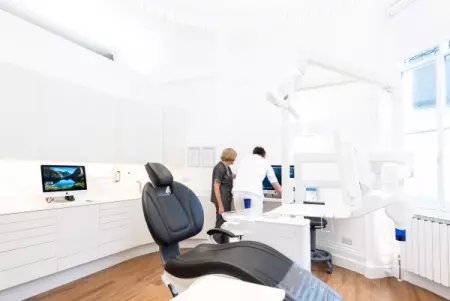
Our Expertise
What is conscious sedation?
At Wimpole Street Dental Clinic, we understand your concerns and we take them very seriously. Understanding how conscious sedation works can help you feel more at ease before committing to a treatment.
Conscious sedation is designed to make you feel comfortable, relaxed and safe during dental treatment. Administration of sedatives results in becoming drowsy, sleepy and pain-free. While you are in an optimal state of relaxation, you are not completely unconscious at any point during the treatment, which means you can communicate with your dentist at this time. Conscious sedation is achieved with intravenous agents such as benzodiazepines, opiates, other sedative/anaesthetic medications, usually administered into a vein, or by inhalation sedation agents such as nitrous oxide.
A sedationist is present to watch your vital signs and ensure your safety throughout the procedure, so you can trust that the necessary precautions are taking place during your visit with us.
What are the different types of dental sedation?
We can help relieve your fear and anxiety when you sit in our dental chair. Today, there are three different levels of dental sedation recognised in the U.K. which can help. They include:
Minimal sedation (or Anxiolysis): This is often referred to as changing your mood. With this sedative, you feel calm, are responsive to verbal commands and unconcerned about the dental treatment.
Moderate sedation or conscious sedation: This is where you’re more deeply sedated, become drowsy and sleepy (and may even sleep intermittently), are responsive to verbal commands, and feel calm. You will not remember anything about the treatment.
Deep sedation/General anaesthesia: At this level of sedation, you may become unconscious. This level of sedation is not allowed in the U.K. for sedation outside the operating room in hospitals and is not allowed in dental surgeries .
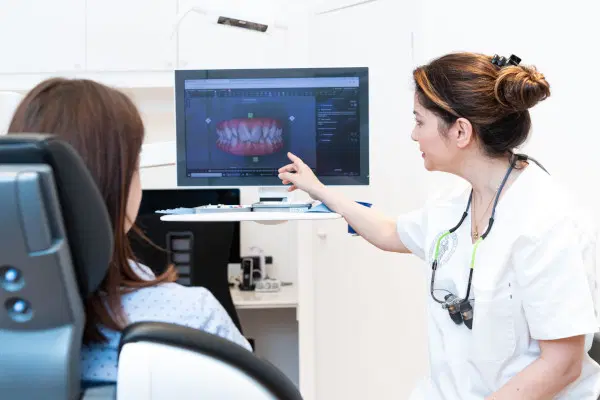
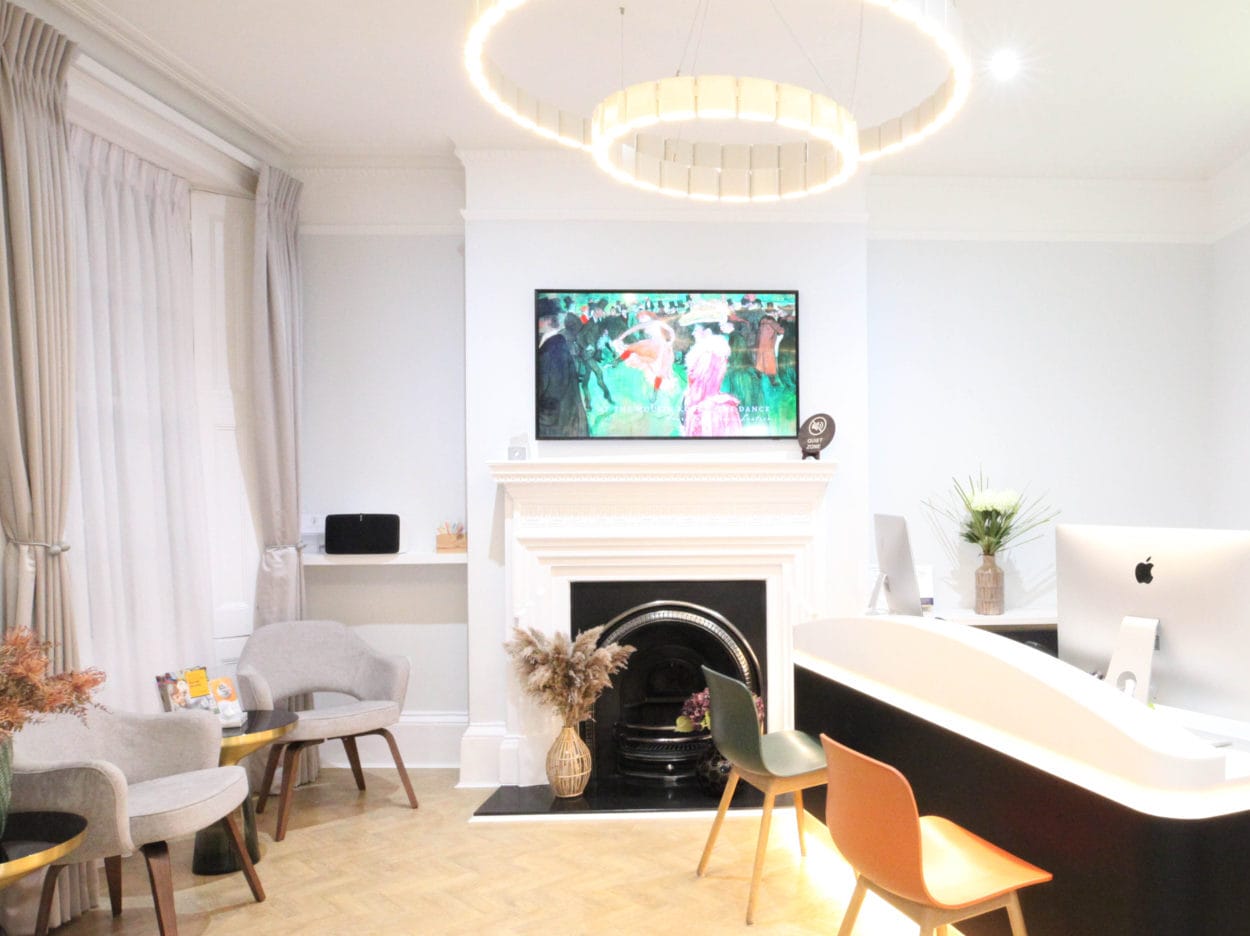
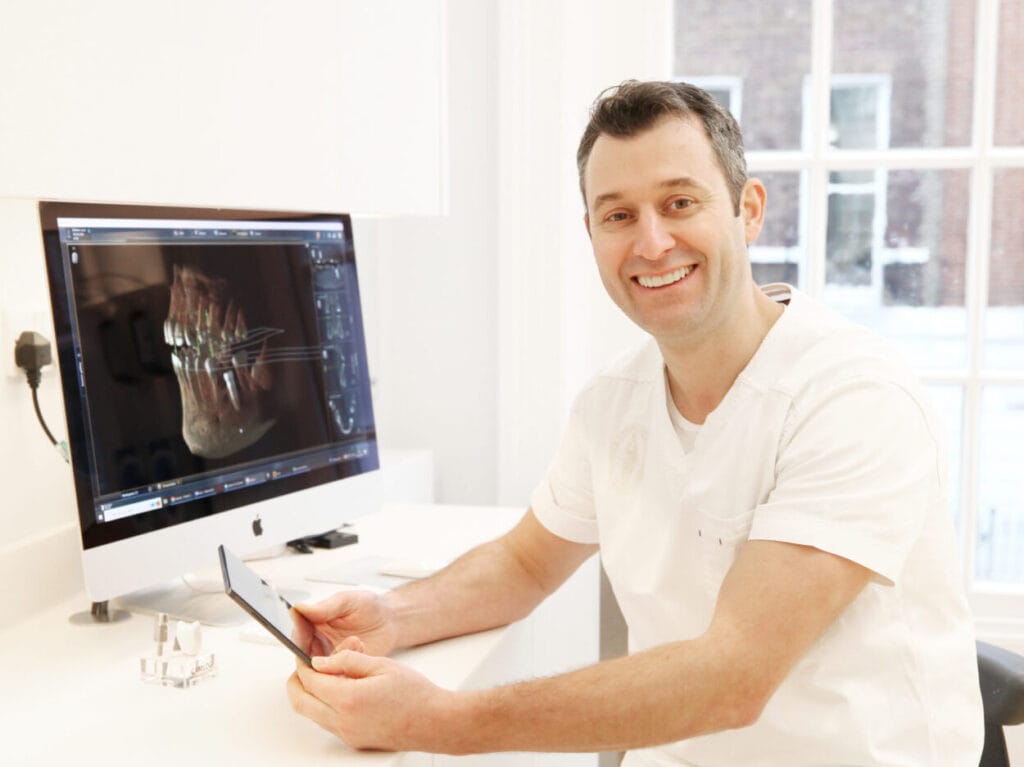
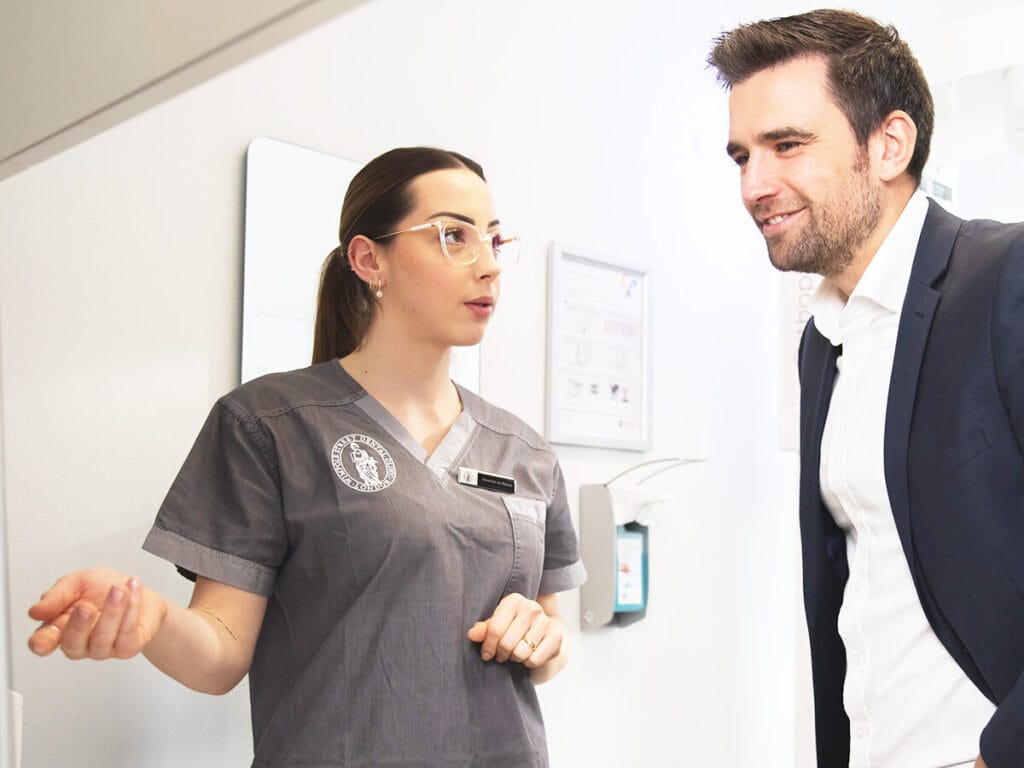
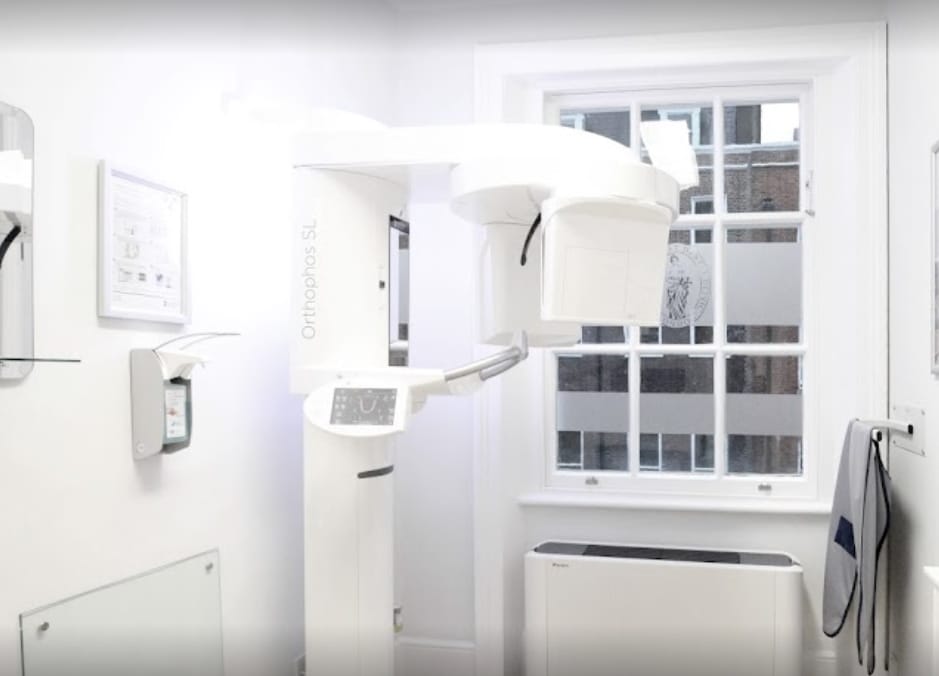
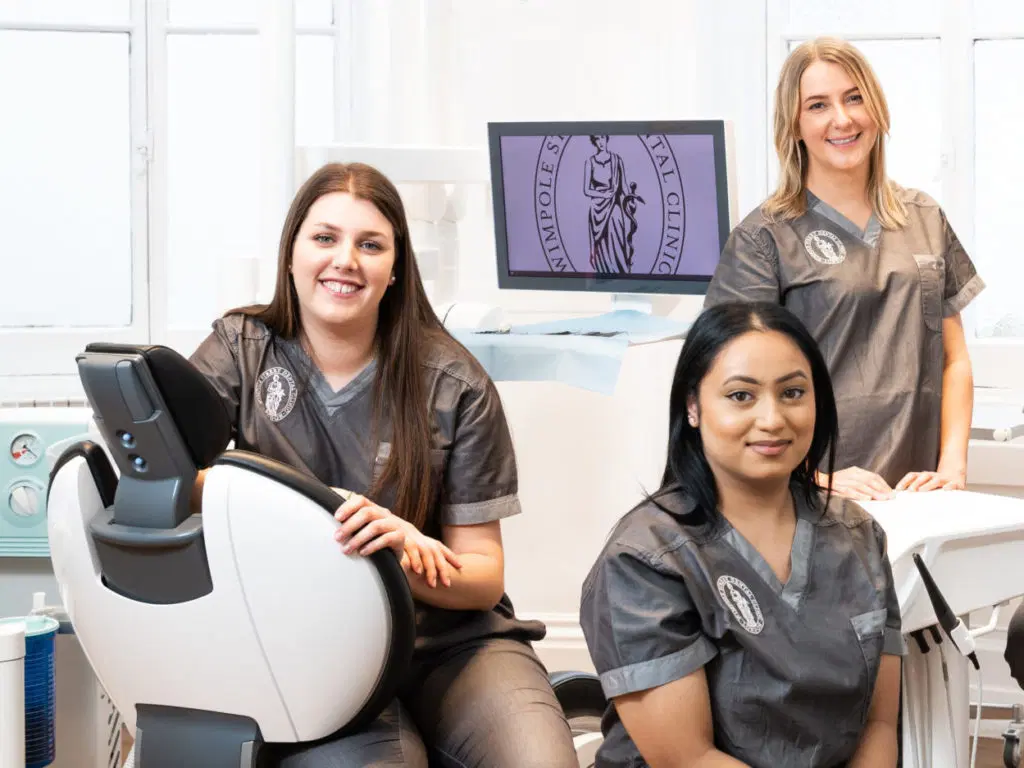
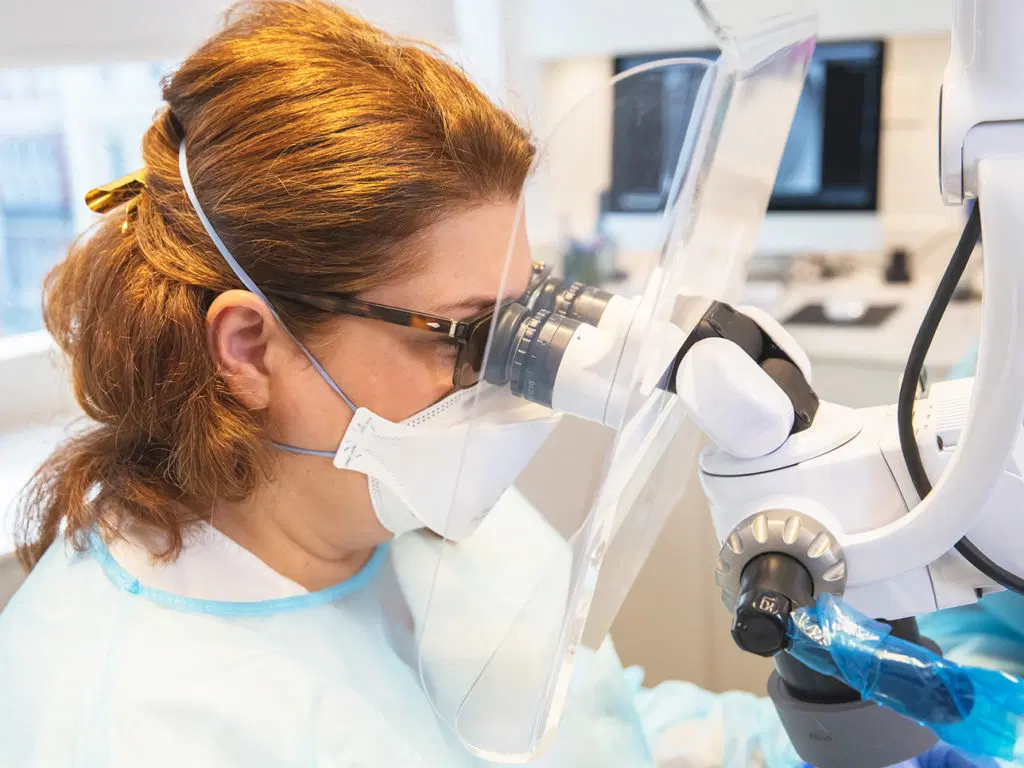
New page design
Written by: Prof Dr Christian Mehl
Medically reviewed by: Dr Raul Costa
Author biography added
Written by: Prof Dr Christian Mehl
Medically reviewed by: Dr Raul Costa
Original content created
Written by: Prof Dr Christian Mehl
Medically reviewed by: Dr Raul Costa
Wimpole St Dental Clinic has strict sourcing guidelines and relies on peer-reviewed studies, academic research institutions, and medical associations. We avoid using tertiary references. You can learn more about how we ensure our content is accurate and current by reading our editorial policy.















